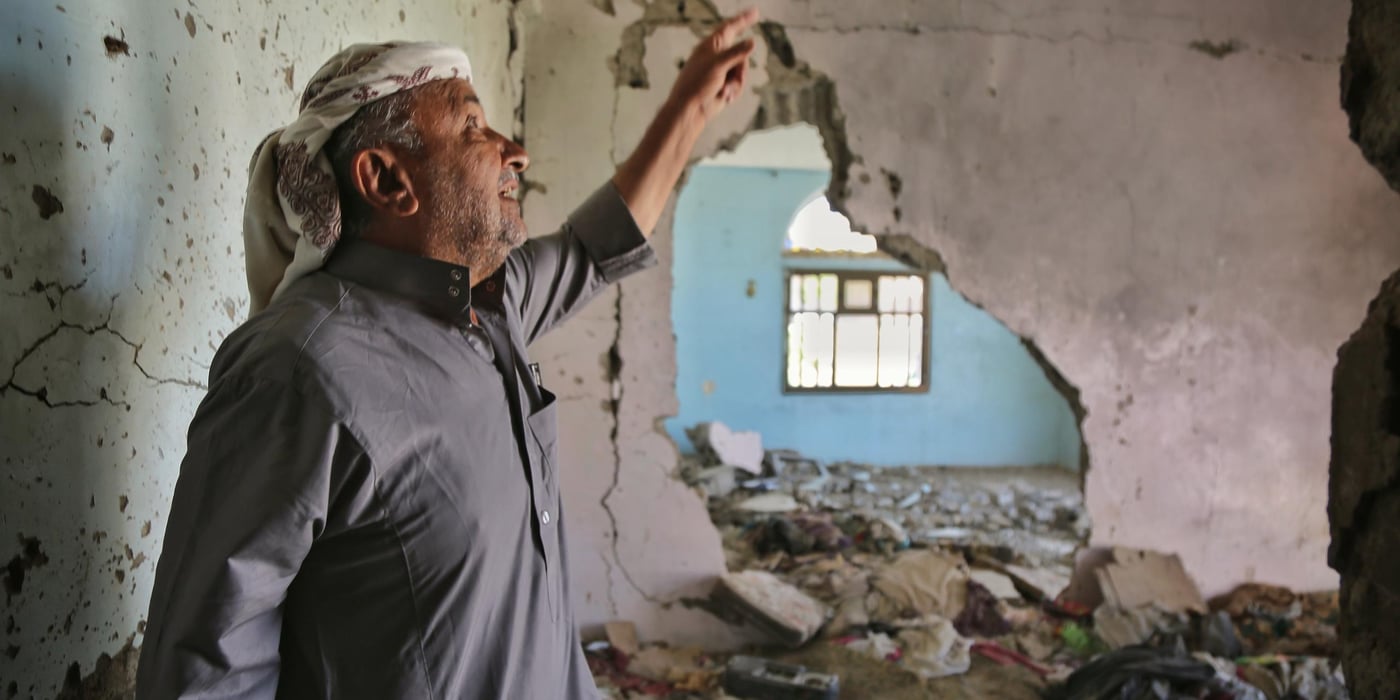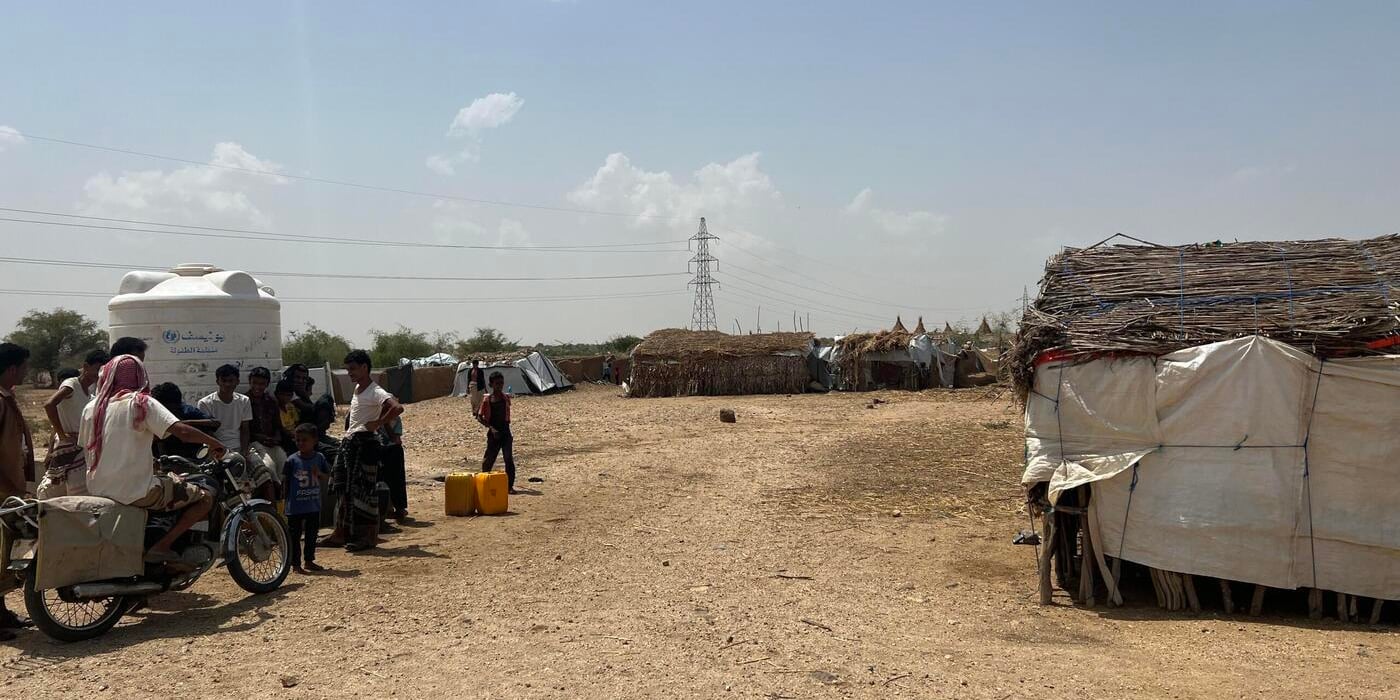
“Yemenis have endured six years of empty promises from world leaders, many of whom continue to fan the flames of this war. Decisive action is needed now to cease the relentless countdown towards an entirely preventable famine,” said Jan Egeland, Secretary General of the Norwegian Refugee Council (NRC). “Yemenis need three things to reverse this nightmare: a famine-prevention ceasefire, a doubling of aid and the resumption of peace talks.”
Six years of war has had devastating impact on Yemen’s people, economy and development, setting back the country’s human development by 21 years and robbing a generation of their future. If the conflict continues, Yemenis already facing humanitarian crisis of extreme proportions can only expect their situation to deteriorate further.
As the country enters a seventh year of conflict, NRC is warning that Yemen is sliding back into full-scale war with flare ups in Marib, Hodeidah, Taiz and Hajjah leading to displacements, mass civilian casualties and continued attacks on homes, farms, hospitals and schools.
“Before the war, we used to enjoy a comfortable life and had three meals a day. How could I have stayed when there were bullets over our heads all the time? It is a frontline,” said Ali Ali Ayyash, a displaced father from Hodeidah.
By 2019, the armed conflict had killed nearly a quarter of a million people either directly as a result of hostilities, or indirectly due to inadequate supplies of food, healthcare and infrastructure, according to independent analysis. In 2020 alone, an estimated 2,087 civilians were killed or injured, with an increased proportion of these being women and children.
“When I visited Yemen earlier this month, I was shocked to my core by how inhumane the situation had become after six long years of war. The conflict is the source of endless suffering for Yemenis and must be extinguished,” said Egeland.


